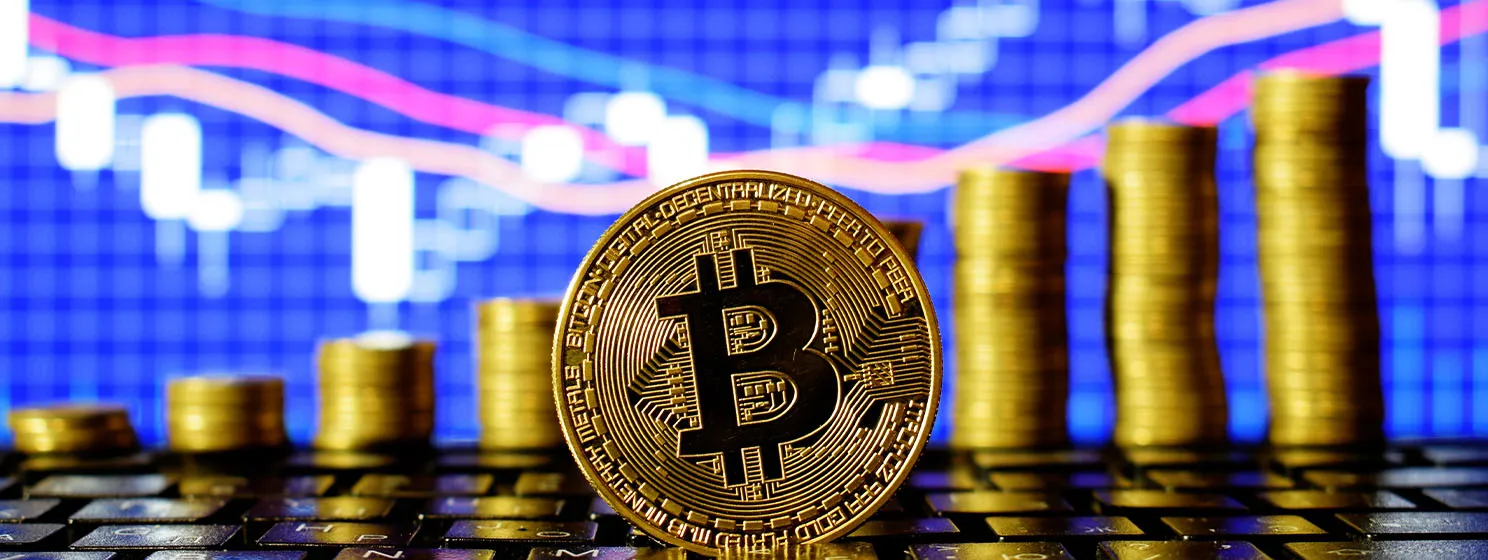|
Getting your Trinity Audio player ready...
|
China’s forex regulator is tightening the country’s foreign exchange laws to crack down on digital asset transactions in the country’s latest digital currency purging campaign.
The State Administration of Foreign Exchange has released new rules for commercial banks, requiring them to flag any forex trade they deem risky, such as those involving digital assets. They are also required to report trades involving cross-border gambling and underground banks. They must identify the transacting parties, the source of funds, the trading frequency, and other related data, reports South China Morning Post.
It’s the country’s latest effort to stamp out digital assets in a campaign that dates back eight years. President Xi Jinping’s administration first ordered exchanges to shut down in 2017, and since then, it has been reviving the crackdown every other year. However, the bans haven’t been as effective, with Chinese residents finding ways to circumvent them.
Mining, for instance, still thrives in the country despite a spirited purge two years ago; one recent report found that China accounts for 55% of the BTC mining pool hash rate. It doesn’t help that the Chinese government reportedly owns 194,000 BTC (worth $19 billion), which is only slightly bettered by the U.S., according to one data source.
Still, Beijing keeps issuing new rules to stifle specific facets of the sector, from ICOs to mining. The latest effort is yet another avenue for the government to sniff out digital asset users, says Liu Zhengyao, a lawyer at Shanghai-based ZhiHeng law firm.
“The new rules will provide another legal basis for punishing cryptocurrency trading. It can be foreseen that mainland China’s regulatory attitude towards cryptocurrencies will continue to tighten in the future,” he wrote on WeChat.
China has strict foreign exchange regulations that some residents have been skirting through digital assets, with stablecoins proving popular for this. This loophole may be closing, believes Zhengyao, noting that they will make it “increasingly difficult in the future to evade the country’s forex regulations through crypto.”
Despite the government’s strict anti-digital currency stance, a Shanghai judge ruled two months ago that holding digital assets in China is not illegal. It is, however, illegal for businesses to invest in digital assets or issue tokens as it “not only disrupts the economic and financial order but also may become a payment and settlement tool for illegal and criminal activities.”
Watch: Reggie Middleton on DeFi, booms/busts & crypto regulation

 07-06-2025
07-06-2025 





